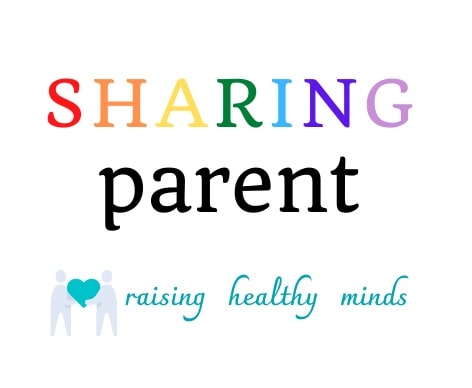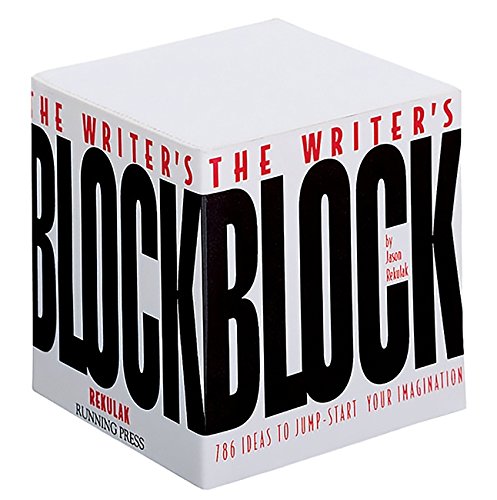Children’s exams – at all stages of education – usually bring some kind of dreaded creative writing task with them. These can truly make or break our relationship with our kids – if we’re not careful. Nonetheless, as this skill is often an important, nay decision-making part of the exam, it’s equally important to have the right approach when helping our children prepare to face these tricky challenges.
Coming up with ideas
This can be devastating on exam day if the pressure is on and writer’s block kicks-in. We’ve conjured up some useful story-writing prompts and techniques to help your child brainstorm confidently and turn them into a ‘little budding Bill’ (Shakespeare, in case you didn’t know!) Here are our top five tips for 11 Plus creative writing brainstorming:
1. Use film genres
Get your child to list film genres, and explain which genre is their favourite and why. They should try to list some features that typically apply to the genre, for example: action films usually have a tense car chase or a crazy fighting scenes etc. Remind them that stories can also be written in these genres. Ask them to think of a favourite scene from a film and turn it into a story.
2. Just a title
There are loads of ways of generating story titles. You can play a game using a dictionary to find random words, use one of the online story title generators, or simply choose an existing one from a children’s story book, a fantasy or a thriller. With a random title in place as a perfect prompt for writing a story – the next step is to let your child decide the ending and work their way towards it.
3. Picture prompts
A different approach is to use images to power the imagination and create ideas for stories to sprout. If accompanied by unusual and creative questions this is a marvellous method to stimulate ideas for writing.
4. Outlines
Some children benefit from a paragraph summary of the story to get the creativity flowing. Science fiction story writing – is a great selection of sci-fi story ideas for students to develop. Some outlines come with prompts as well as useful words to include for that genre.
5. What if?
Get their brains into gear with ‘what if’ statements. Let them imagine and discuss what they can visualise with simple hypotheticals. For example:
- What if cars could fly?
- What if there was a blizzard and the students were trapped in the school?
- What if a plague hit Britain?
- What if a solar flare shut down all electricity?
Brainstorming is not as hard as you think….inspiration can be found all around us, if we take a moment to reflect on either facts or fiction. To make it even easier, we have scouted-out some of the best resources which can help you when practicing any of these activities:
Should you need further inspiration, ideas or some specialist intervention, check out the various ways you can engage your child at 11 Plus London. And if you like what you’ve seen or heard here, feel free to share this with other parents and become a part of the Sharing Parent community.






Comments are closed.